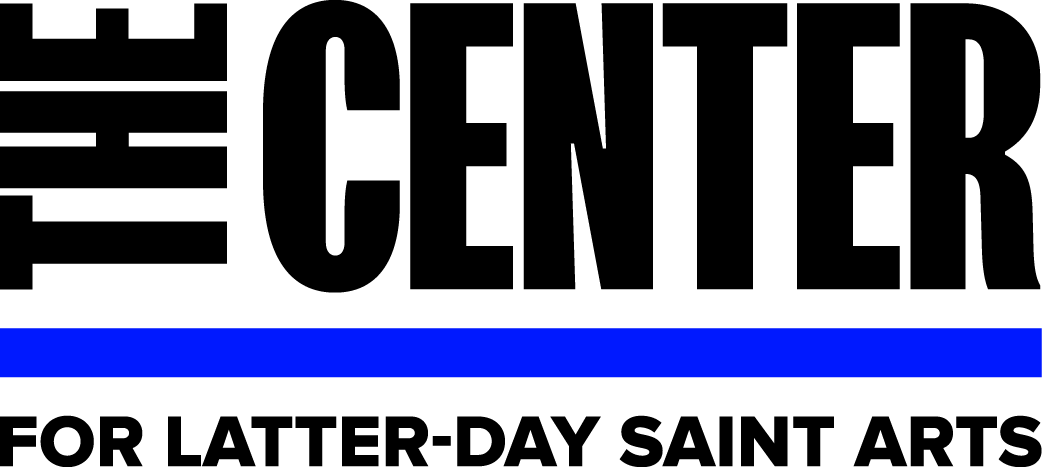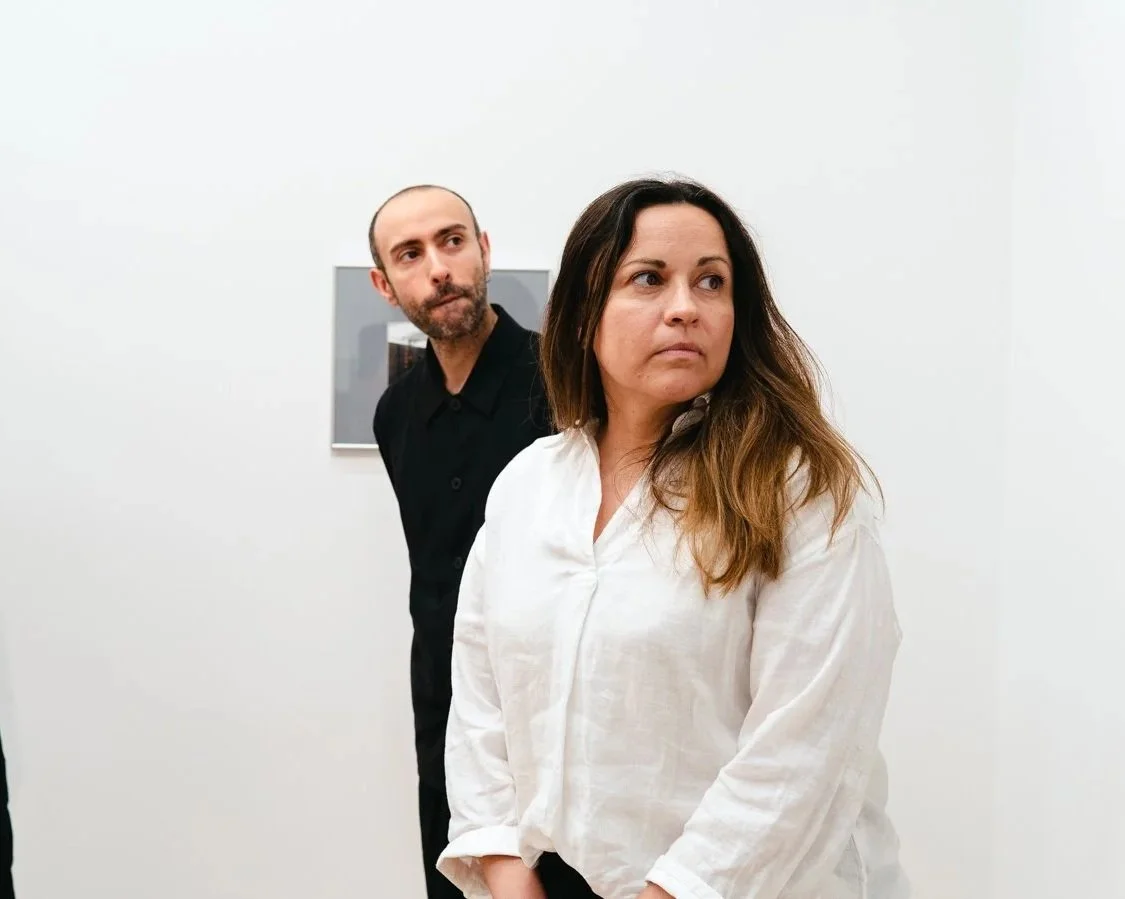On the Road to ‘93 CASTROL
This guest post is by Daniel Yen Tu, written while developing his screenplay ’93 Castrol as part of the Center’s UP(scale) initiative, which invited four artists to expand earlier ideas into more ambitious works. You can learn more about ’93 Castrol—including the limited edition artist’s book and new paperback releases—here.
The following is the first entry in a production journal I kept while writing ‘93 Castrol.
February 3, 2024
I had a dream last night. I was in a train carriage with a few friends and we were riding on a winding track through the mountains. At each stop there was a new little resort town built around a lake. We got out at the second stop and saw a parade of race cars on the road driving tōge style. They ripped past us screaming like demons. I was in awe.
---
I had the idea for ‘93 Castrol a year or two ago, but hadn’t done anything with it. I’d done so much writing for other people on topics and stories that weren’t intrinsically “me”, and had spent so much time trying to write commercially viable work that had wide and general appeal, that I hadn’t thought of or written anything that I would personally be interested in. The idea came in pieces. I wanted to write about Taiwan. I wanted to write about my brother and I as children. I wanted to do something about my family. I wanted to do something sad and dreamy. I wanted to include my personal interests – rally cars, fashion, mysticism – and combine them all into a cohesive story. This idea was to be the most “me” film there could possibly be, packed with everything I care about and think about. It was my little flag planted in the ground amidst the warring armies of commercial art and tantalizing spec scripts. Who cares if it’s sellable to some studio somewhere? I want to write something for myself.
And it was languishing. I had a contact in Hollywood that wanted horror – it’s easy to sell, they have the network to get it off the ground, and there’s always demand for a good horror movie. I had a bunch of horror ideas, all dark and grisly and designed to make you feel a dreadful weight in your gut – mothers becoming murderers in search of their missing children, lost children’s shows on haunted VHS tapes, a gory brain-implant computer virus – these were my options and they were all exciting and horrible. I was ready to start.
In the middle of last year I wasn’t doing well financially or professionally. I was broke, and I felt stuck. I prayed one night with extreme effort and begged God to give me the opportunity to write a screenplay for pay. A few weeks after that, Glen emailed me.
He told me that he couldn’t get my project out of his head one night, that the screenplay I’d pitched for the Center’s Artist’s Residency in 2023 – ’93 Castrol – had stuck with him. He offered a grant and a publishing opportunity if I were to write it. As I accepted, I figured this was both God’s way of answering my prayer as well as steering me away from horror and towards something truer to myself. I felt again the hand of God weaving the broad reed of my life towards good and light and away from the delightful filth of commerce. This was the first sign I remember.
The second was the dream. I’d been pulled onto another project for a friend and was writing feverishly – we had a shot at funding from a foreign government film board, and we had two weeks to deliver a finished screenplay. I wrote 12 hours a day and took no breaks, had no personal time for those two weeks. But we delivered a polished 85-page draft. It was good. And after all this, the dream – another reminder to go back to the Taiwan story, to try and capture the peace and excitement of the cars, the tōge, the trees, the lazy shoreside summer.
A little nudge from whoever on the other side cares about the movies.
---
May 8, 2025
I’m writing this now a year later, having finished ‘93 Castrol. Glen has sent me photos of the finished book inside its slipcase, and I’ve just signed 8 hardcover copies and shipped the bulk of them to Glen’s Manhattan home. I don’t feel aware of time on a day-to-day scale, but only in looking back can I get some sense of the vast breadth of time between the seed of this project germinating, and now, when its branches are splayed out and juvenile and growing.
Because of this project, I visited Taiwan with my mum and my brother — first flying home to Melbourne, Australia, then flying with them to Taipei. I took a series of photos while there and was able to see my mum’s reunion with her brother, whom she had not seen in over a decade, as well as visit locales she had not been to for over thirty years. “This is the air force base your grandpa used to work at.” she said, as we walked through the decommissioned base, now part museum and part office space for startups. It had been raining on and off that day but we’d caught a brief gap in the weather and walked through the concrete base as the rain dried in the Taipei heat. We were only a few blocks from where my mum had grown up. It was my first time in Taiwan. “This is the gate I used to wait at when I was five years old.” she pointed at a stretch of wall. “Your grandpa would come out from his office and we would walk home together and he would ask me everything I did that day.”
We walked a few blocks to her old apartment and managed to slip past a tenant who’d propped the gate open to move an old mattress out — a lucky break getting inside. Six stories up and we were at her old front door. We stood there for a while and my mum didn’t say anything. I noticed the light through the windows, how soft it was, and how the sun was breaking through the cloud cover. I could sense my mum was waiting for another stroke of good fortune — the tenants to leave so she could talk with them, or a maintenance man opening the door for some reason — something else to let us inside her old home, but no such luck came. After another moment we left the apartment complex and walked our way back down to the street, off onto the main road, then back to the hotel.
–––
Glen just told me that this screenplay has been purchased by the Harold B Lee library’s special collection — I’m speechless, genuinely moved and utterly surprised. I never thought that this screenplay would go so far. Most of the collector’s editions have been sold, and I’m sure many of the paperbacks will be purchased as well. It’s a strange thing to take something you’ve worked on in a small room, alone, and then share it with the whole world.
I really put a lot of myself into this screenplay. It’s a degree of vulnerability I generally avoid, but the act of writing sanitizes it somehow, makes the thoughts and emotions and memories align into a thing, tangible, with purpose. Writing it gave me a degree of confidence I haven’t had before. I’ve become more connected to my Taiwanese (and Australian) backgrounds, and I’ve learned to navigate the delicate balance between confessional and awkward oversharing on the page with more care. I feel like I wrote a few really good scenes, some sad ones, some really surprising ones, and a strong ending. I’m deeply grateful to the Center for facilitating this, and for Glen for hearing a voice push him towards a pitch that needed encouragement and support, and then acting on that push. I hope you can enjoy this little labor of love.
Daniel Yen Tu is an independent film writer/director born in Melbourne, Australia. His parents immigrated to Australia from Taiwan, and his grandparents fled Southern China during the Cultural Revolution. Making movies since 9th grade, he is currently at work on two feature screenplays—both of which are funded—for a Sundance alum and another for an established indie director.
His 2019 student film, Stickup Kid, was nominated for five student Emmys and won three, for Best Cinematography, Best Sound, and Best Writing. He was a co-writer on the short horror film, The Angel (2024) starring Doug Jones (Barrett Burgin and Jess Burgin, dirs., co-writers) and La luna y el colibrí (2021) (Luis Fernando Puente, dir., co-writer).
His latest screenplay, ‘93 Castrol, is available now as a limited-edition collector’s version and a commercial, paperback version. Learn more.













